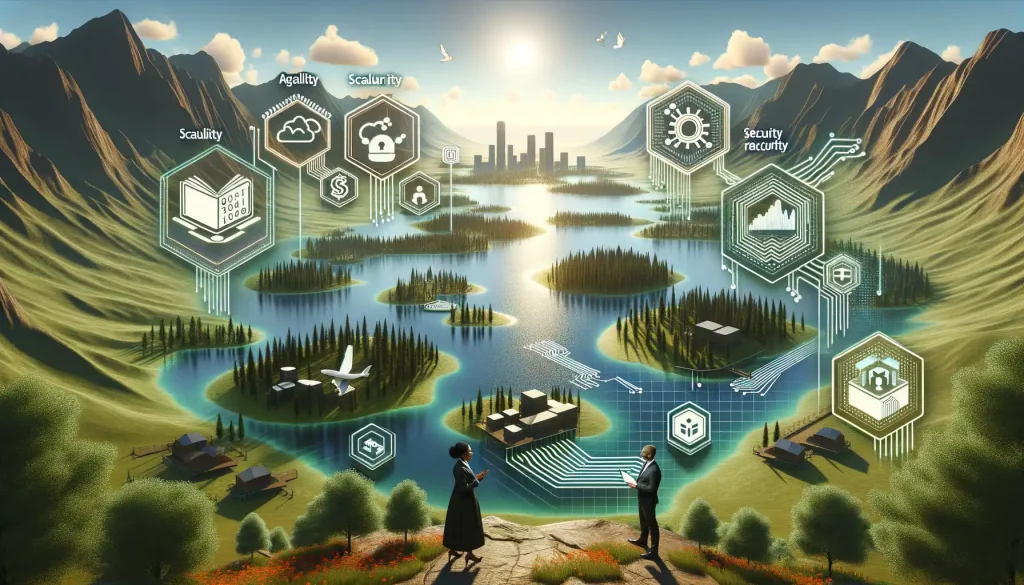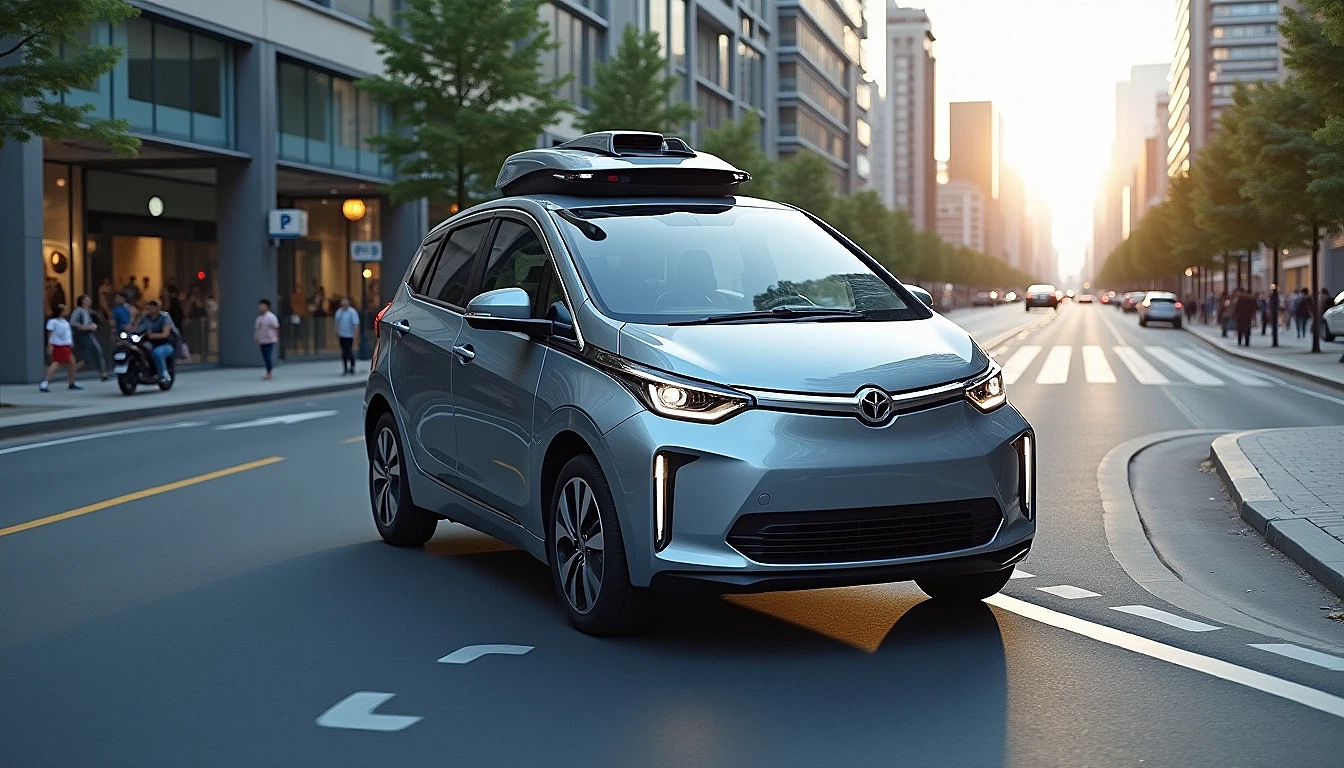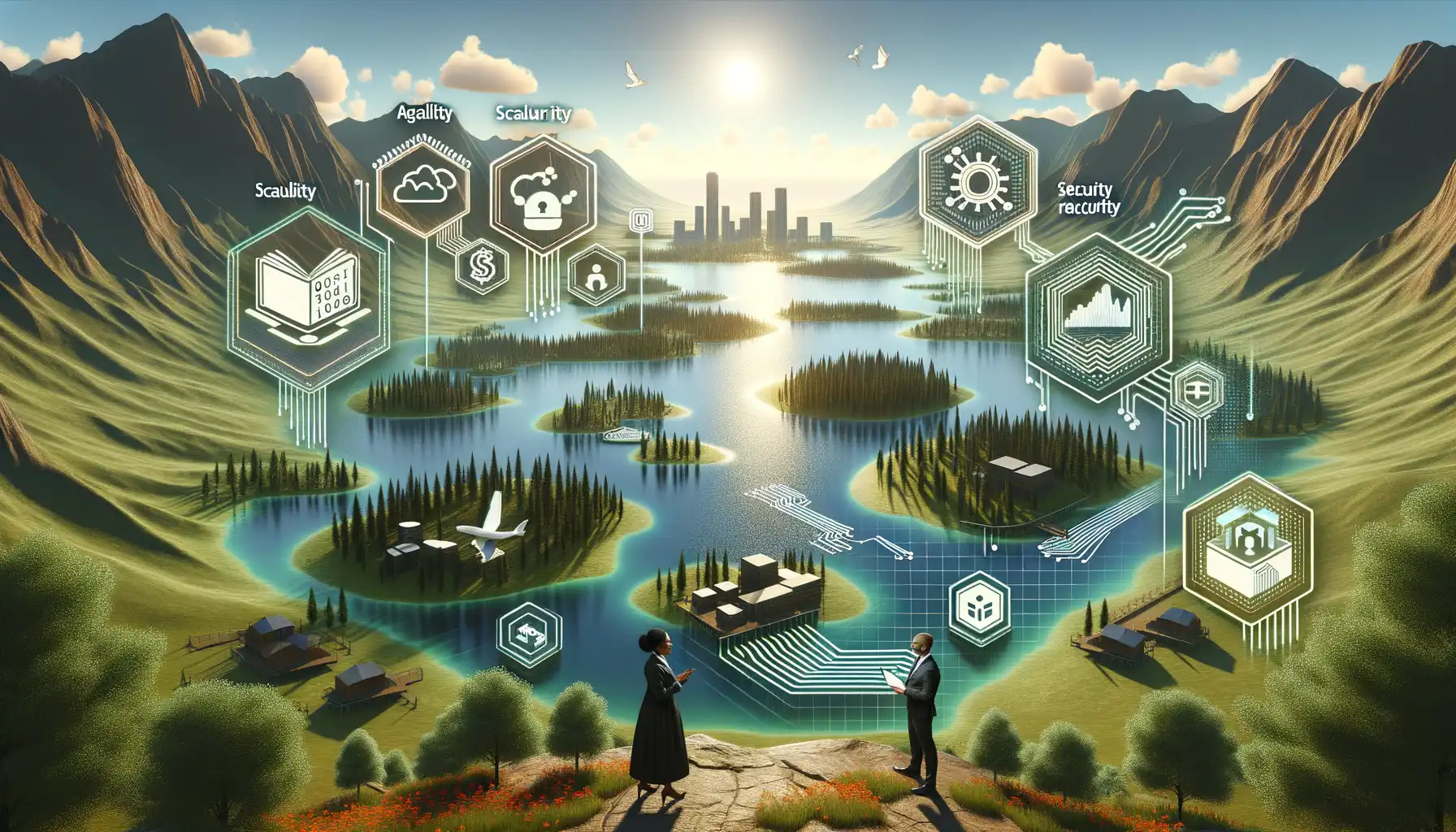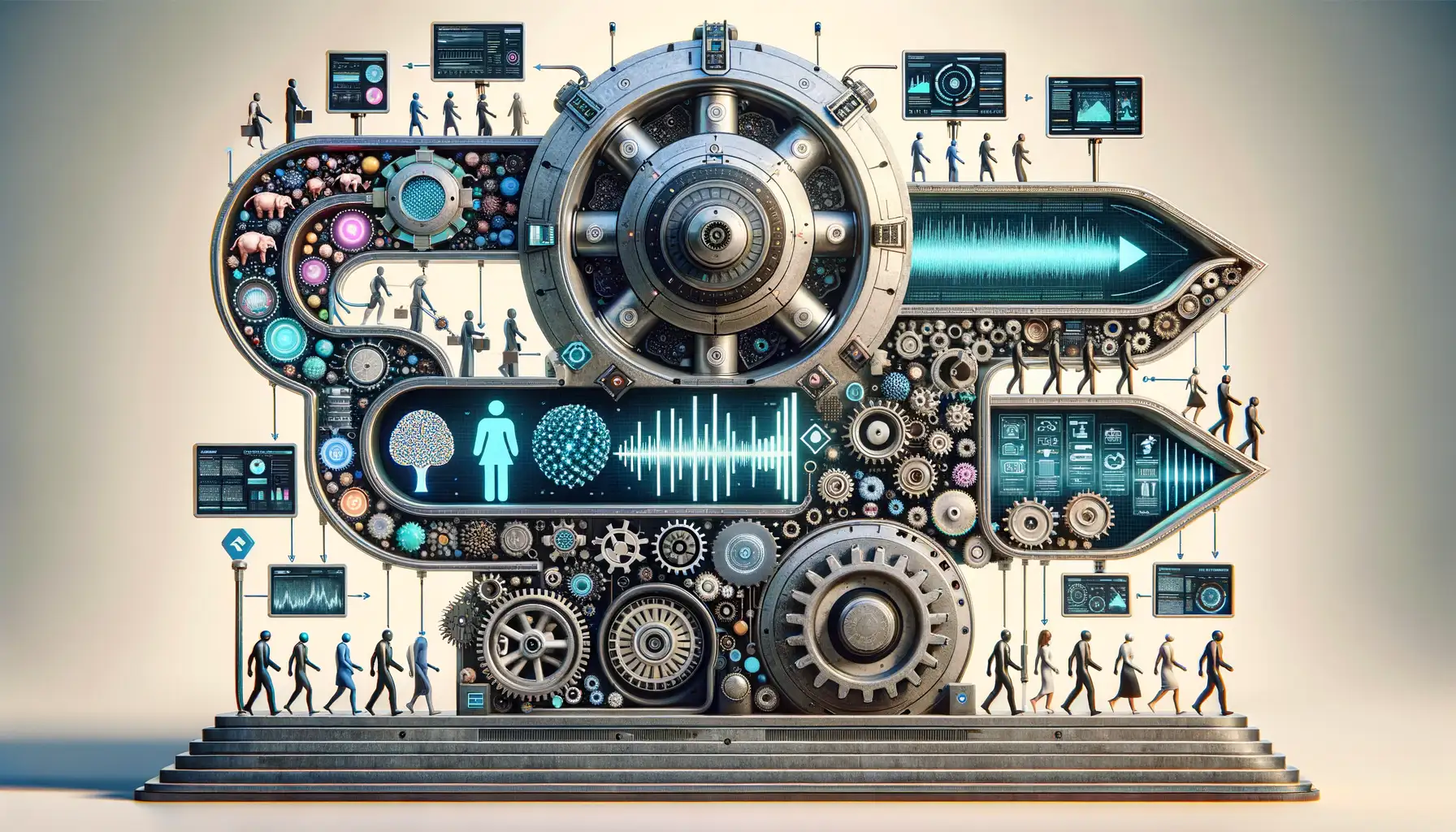Introduction
Artificial Intelligence (AI) is poised to revolutionize industries in the coming years, driving significant changes across sectors as diverse as healthcare, finance, transportation, and entertainment. By leveraging advanced algorithms, machine learning techniques, and vast amounts of data, AI systems are already demonstrating remarkable capabilities that promise to reshape entire business models and consumer experiences. In this article, we will explore some of the key areas where AI is expected to have a transformative impact in the near future.
Healthcare and Life
Sciences One of the most promising applications of AI is in the field of healthcare and life sciences. AI-powered systems are already being used to analyze medical images for early disease detection, predict patient outcomes, and identify potential drug candidates through molecular modeling. In the coming years, we can expect to see even more advanced AI-driven tools that will help doctors make better-informed decisions, streamline clinical trials, and personalize treatment plans for individual patients based on their genetic makeup and health history.
For instance, AI algorithms are being developed to analyze electronic health records (EHRs) to identify patterns that may indicate a patient’s risk of developing certain conditions or experiencing adverse events. These insights can help providers take proactive steps to prevent complications and improve overall patient outcomes. Additionally, AI-powered drug discovery platforms are accelerating the development of new medications by simulating molecular interactions and predicting which compounds are most likely to be effective against specific targets.
Finance and Banking
The financial industry is another area where AI is expected to have a profound impact in the coming years. AI systems can help banks and other financial institutions detect fraud, manage risks, and optimize their operations more efficiently than ever before. By leveraging natural language processing (NLP) techniques and machine learning algorithms, these AI-powered tools can analyze vast amounts of unstructured data, such as customer emails, social media posts, and news articles, to identify potential threats or opportunities.
For example, AI can be used to monitor transactions in real-time for fraudulent activity. By comparing the patterns of a particular transaction against historical data and known fraud indicators, an AI system can flag suspicious behavior and alert the bank to take action before any damage is done. Similarly, AI-driven credit scoring models can help lenders make more accurate predictions about a borrower’s creditworthiness by considering a wider range of factors beyond just traditional financial metrics.
Transportation and Logistics
Another sector that stands to benefit significantly from AI in the coming years is transportation and logistics. By optimizing route planning, predicting maintenance needs, and coordinating complex supply chains, AI can help companies reduce costs, improve efficiency, and enhance customer satisfaction. For instance, AI-powered fleet management systems can analyze real-time traffic data, weather forecasts, and vehicle telemetry to determine the most optimal routes for delivery trucks, minimizing fuel consumption and reducing travel time.
In the realm of autonomous vehicles, AI is already being used to enable cars to “see” their surroundings, make decisions based on that information, and control their movements. While fully self-driving vehicles are still some years away from widespread deployment, the AI systems powering them have the potential to revolutionize transportation by reducing accidents, easing congestion, and freeing up drivers’ time for other activities.

Entertainment and Media
Even in industries that might seem less susceptible to disruption by technology, like entertainment and media, AI is expected to play an increasingly important role. By analyzing consumer behavior, predicting trends, and creating personalized content experiences, AI can help content creators reach audiences more effectively than ever before.
For example, AI-driven recommendation engines are already being used by streaming services like Netflix and Spotify to suggest shows, movies, and songs that individual users might enjoy based on their viewing and listening history. By continuously learning from user interactions, these systems can adapt their recommendations over time, ensuring that they remain relevant and engaging for each viewer or listener.
Conclusion
As we look ahead to the future of AI, it is clear that this transformative technology will have a profound impact across a wide range of industries in the coming years. From healthcare and finance to transportation and entertainment, AI has the potential to reshape business models, enhance customer experiences, and drive significant value creation for companies that are able to harness its power effectively.
However, it is important to approach the development and deployment of AI with caution and a strong focus on ethics and responsible innovation. As we become increasingly reliant on AI systems, it is critical that we ensure they are fair, transparent, and accountable. By prioritizing these principles alongside the pursuit of technological advancement, we can unlock the full potential of AI while mitigating its risks and ensuring that its benefits are shared equitably across society.
In the end, the future of AI holds immense promise for transforming industries in ways we may only begin to imagine today. As we continue to push the boundaries of what is possible with this extraordinary technology, it will be up to all of us – from entrepreneurs to policymakers to consumers – to shape an AI-powered future that is both innovative and responsible, equitable and sustainable, for generations to come.










